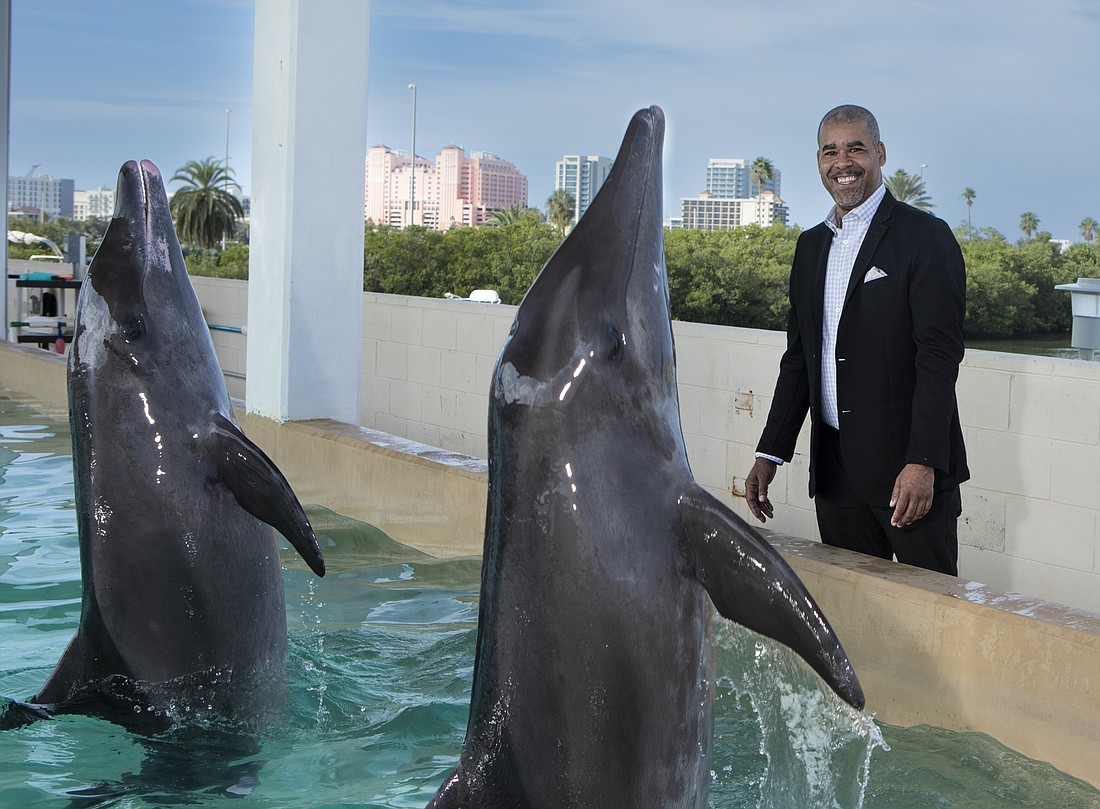- December 15, 2025
-
-
Loading

Loading

The past 24 months have been a period of thrilling highs and devastating lows for Clearwater Marine Aquarium. In late 2020, it unveiled the results of an ambitious, $80 million renovation and expansion project. A year later, the institution was in mourning, stunned by the sudden death of Winter, the beloved bottlenose dolphin with a prosthetic tail who starred in two “Dolphin Tale” feature films, which collectively earned more than $150 million at the box office.